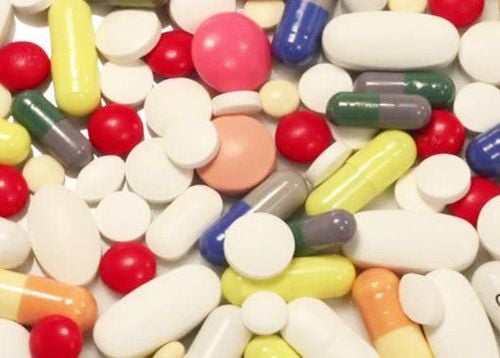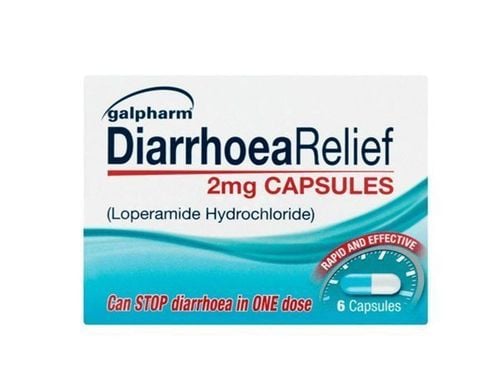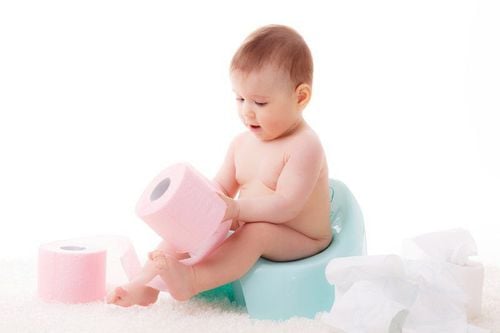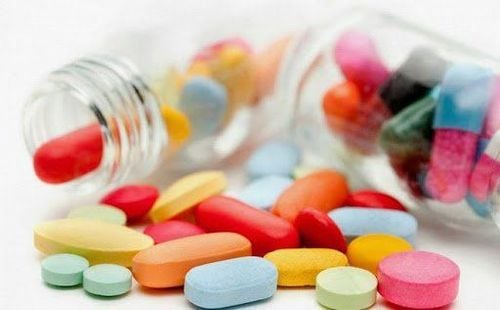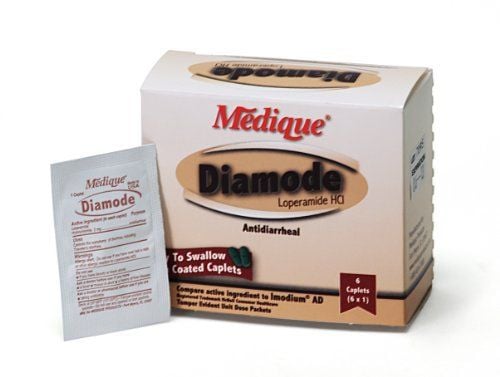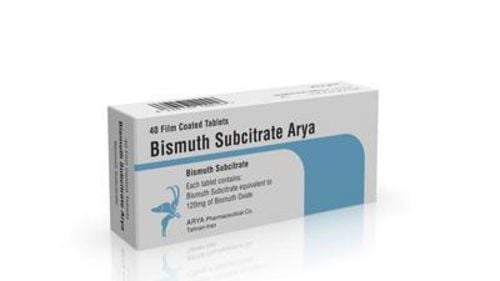This is an automatically translated article.
This article is expertly consulted by Master, Doctor Ngo Thi Oanh - Pediatrician - Pediatrics - Neonatology - Vinmec Ha Long International General Hospital.Acute diarrhea is diarrhea that lasts for a few days to a week. The most basic rule in the treatment of diarrhea in children is to rehydrate and replace electrolytes and nutrients. More severe cases need to take the baby to the hospital for treatment.
1. Diarrhea in children
Diarrhea is a condition in which watery stools are passed in a large volume and the number of bowel movements is more frequent than usual. Depending on how long it lasts, there are three main types of diarrhea:Acute diarrhea that lasts for a few days to a week; Subacute diarrhea lasts about 3 weeks; Chronic diarrhea lasting more than 4 weeks. Acute diarrhea will cause dehydration and electrolyte loss; When diarrhea lasts longer, called chronic diarrhea, at this time, it is necessary to pay close attention to the problem of malabsorption leading to malnutrition and exhaustion in children.
2. Treatment of diarrhea in children
Diarrhea caused by infection is the most common type, mainly caused by bacteria, the most common causes of which are salmonella, staphylococcus aureus, and rotavirus. Depending on the cause of the disease, there will be different symptoms and treatments for diarrhea. However, the most important thing in the treatment of diarrhea in children is rehydration and electrolytes for the child. Otherwise, children with diarrhea have an imbalance of water and electrolytes that can lead to dehydration shock, lethargy, cardiovascular collapse and even death.2.1 Treatment of acute diarrhea caused by Salmonela bacteria Salmonela bacteria are usually found in meat, eggs, milk; In these foods they multiply without changing color or taste.

Tiêu chảy cấp ở trẻ
Treatment of acute diarrhea caused by Salmonela is mainly to add water and electrolytes, and to reduce fever. If it's more severe, your doctor may consider giving you more antibiotics and sedation.
2.2 Treatment of acute diarrhea caused by staphylococcus aureus Staphylococcal exotoxins, after entering the digestive tract through food, are not affected by digestive enzymes, they quickly penetrate the lining of the stomach, intestines and blood. on the autonomic nervous system causes parasympathetic hyperactivity, which can lead to cardiovascular collapse. After being infected from 30 minutes to 6 hours, the patient suddenly appeared with severe abdominal pain in the epigastrium more than in the navel area, intermittent cramping pain; Nausea and vomiting many times before going to the toilet several times a day, watery stools.
Children often have no fever or low fever, headache, fatigue, water and electrolyte disturbances leading to cardiovascular collapse. Usually causes death only in young children or the debilitated elderly.
Treatment is mainly water and electrolyte supplementation, cardiovascular support.
2.3 Treatment of acute diarrhea caused by rotavirus This is the main cause of rotavirus diarrhea in young children and is also the main cause of death among rotaviruses. This virus mainly causes disease in children under 3 years of age, the virus penetrates through the gastrointestinal tract, causing damage and selective destruction of columnar cells of the small intestine mucosa, leading to limited absorption of water, salt and the state of pulling water from the cellular organization into the intestinal lumen; reduced absorption of sugar and fat; fat digestion disorder... causing the patient to lose water and electrolytes and rapidly malnourish.
Rotavirus diarrhea usually has a sudden onset with symptoms of high fever or no fever, vomiting, diarrhea many times a day, watery stools, sometimes leading to very rapid fluid and electrolyte disturbances.
Treatment is mainly to correct water and electrolyte balance.
3. Note when handling children with diarrhea
Acute diarrhea is most commonly caused by a gastrointestinal infection. The disease can be easily controlled with drug treatment and adequate hydration, electrolytes and nutrients.However, diarrhea is a serious illness for young children. For cases of severe diarrhea and excessive fluid loss (such as cholera), the patient should be hospitalized for rapid intravenous rehydration. In more severe cases, your baby may need fluids. If your child's diarrhea is caused by a bacterial infection, your doctor may prescribe antibiotics.
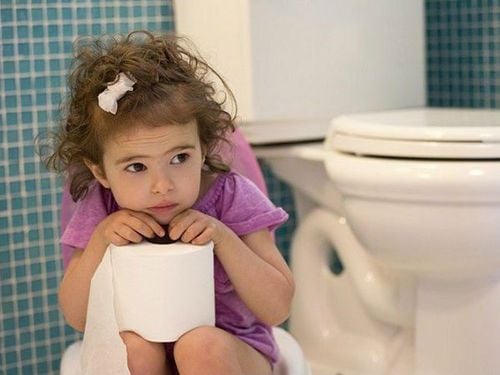
Lưu ý khi xử lý trẻ tiêu chảy
One Some nutritional measures can be used for children in the treatment of acute diarrhea:
Drink fruit juices without sugar Eat foods high in potassium such as bananas, potatoes Eat foods and drink liquids that have high potassium content. high in sodium such as broths, soups, soft drinks, salty crackers Eat foods rich in fiber, such as leafy green vegetables, oatmeal, rice Limit sugary foods as they can cause indigestion worsened diarrhea Avoid foods that contain caffeine such as tea, coffee and carbonated soft drinks Avoid dairy products and foods rich in magnesium. When children have serious signs of acute diarrhea such as cold hands and feet, pale skin, decreased urine output, lethargy, lethargy, little urination, dry skin, high fever, yellow or black stools... Parents should take the baby to the nearest medical center for timely examination and treatment.
Master. Doctor Ngo Thi Oanh has over 10 years working in the field of Pediatrics. Competently perform examination, diagnosis and treatment of respiratory, digestive, urological and nutritional diseases in children. During his work, Dr. Oanh regularly updates new knowledge on diagnosis and treatment through specialized conferences and continuous training classes.
Please dial HOTLINE for more information or register for an appointment HERE. Download MyVinmec app to make appointments faster and to manage your bookings easily.




